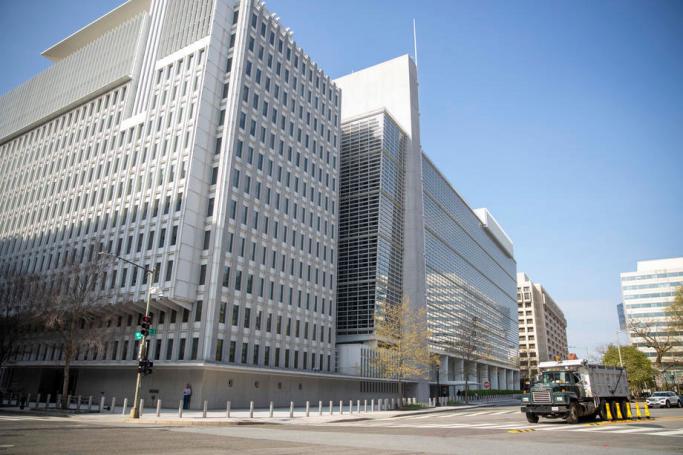The World Bank in its latest report on Myanmar says jobs and businesses have been severely impacted by the Military coup and the COVID-19 pandemic.
The February coup – together with the most recent third wave of the pandemic, which rapidly worsened in June and July – has had significant economic impacts, much larger than those observed after the earlier surge in COVID-19 cases that began in September last year. GDP is projected to fall by 18 percent in FY2021 (year ended September), consistent with a broad-based contraction across all sectors, according to the report.
Coming on top of very weak growth in FY2020, this would mean that the economy is around 30 percent smaller in September 2021 than it would have been in the absence of the dual shocks of COVID-19 and coup. Demand has been hit by reduced mobility, lower incomes and employment, logistics and transport constraints, and a reduction in new investment and new orders. Critical health, education, and business services have been disrupted, due in part to the Civil Disobedience Movement (CDM) and associated worker strikes which emerged as a protest against the coup.
Liquidity shortages and banking sector disruptions have limited businesses’ ability to pay employees and suppliers. Internet access was heavily restricted through the three months to April. Together with ongoing protests and security fears, these shocks have weakened consumption, investment, and trade, and constrained businesses’ operations and the supply of labour and inputs.
This economic deterioration will be hugely damaging to livelihoods, which for many were already under severe strain. Around one million jobs could be lost, equivalent to 4 to 5 percent of total employment in 2019, and many other workers will experience a decline in their incomes due to reduced hours or wages. This is compounding the welfare challenges faced by the poorest and most vulnerable – including those that were hit hardest by COVID-19 in 2020 – leading to an additional increase in poverty, heightened food security risks, and deeper destitution for those already poor.
The share of Myanmar’s population living in poverty could more than double by the beginning of 2022, compared to levels before COVID-19 hit. Even in October 2020, around half of all households had reported reducing food or non-food consumption in response to the surge in COVID-19: with savings now drained even further, additional declines in household consumption are expected, with corresponding impacts on nutrition. Human capital gains of the last couple of decades also have the potential to be eroded. Schools were closed throughout the 2020-2021 year, and closed again in July due to the third wave of COVID-19. Questions remain around the timing of re-opening, the attendance rates of teachers and pupils, and the quality of education that will be provided when schools eventually do reopen.












